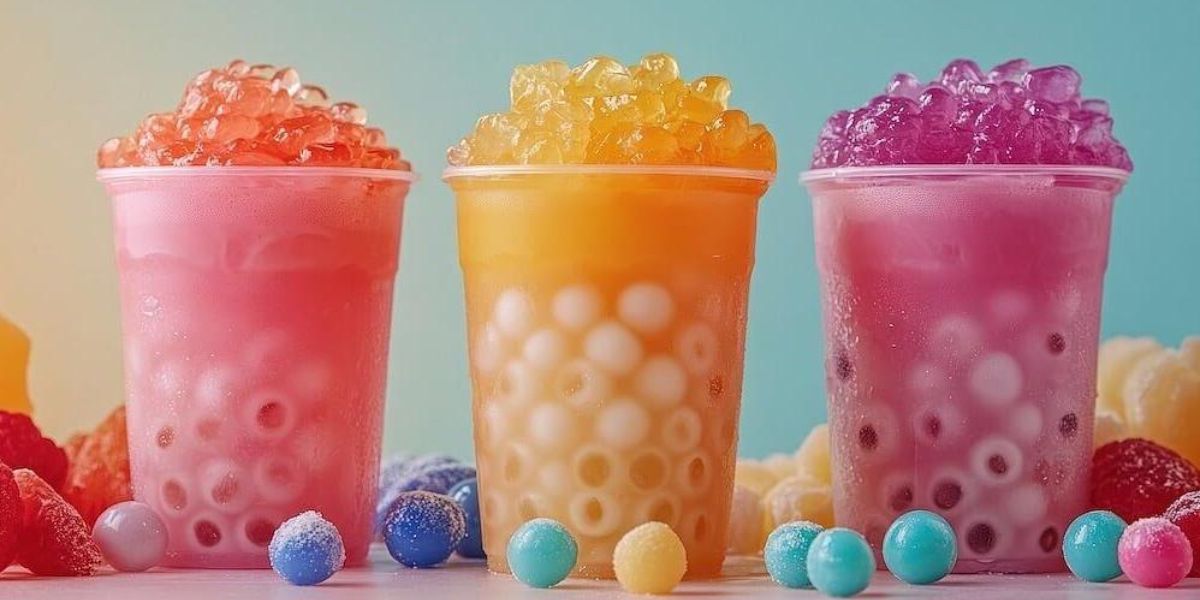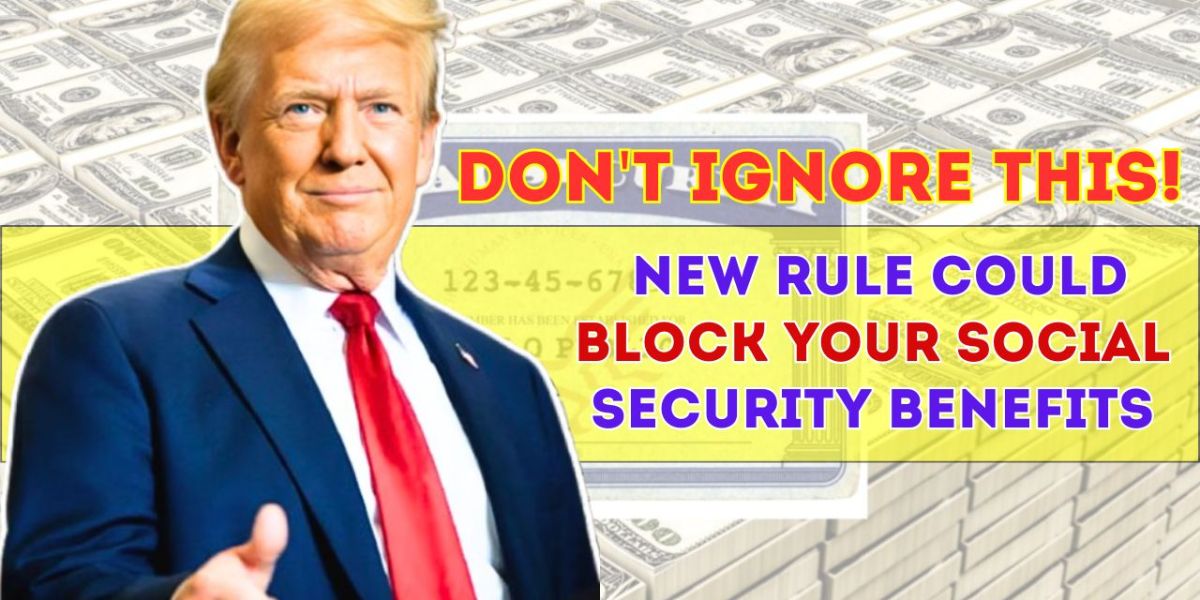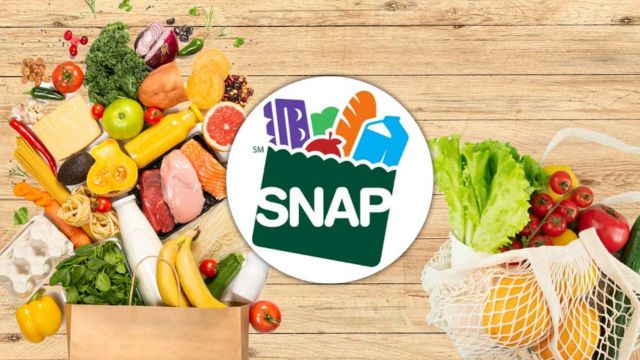The debate over SNAP has opened again, as some states want to ban SNAP beneficiaries from using their EBT cards to buy sodas or carbonated drinks.
More than 42 million people (around 12.5% of the population) benefit from this credit that aims to provide food for those who have a harder time doing their monthly grocery shopping, but now the debate has flared up: should they be allowed to buy soft drinks?
What is SNAP?
The Supplemental Nutrition Assistance Program is a government program whose mission is to help people with the lowest incomes to do their monthly grocery shopping in a healthy way, always promoting a balanced diet.
How does SNAP work and who can receive it?
There are four basic requirements you’ll need to meet if you want to receive this benefit: mainly, having low income, less than $1,580 per person monthly (and for families of four, approximately less than $3,250 per month). You must be a U.S. citizen or at least have legal residency in the country, and you must live in the state where you apply for the credit.
And it works in a very simple way: they give you an EBT card and each month the corresponding amount is added to it, so you won’t have to hand in checks, just pay with your card at stores that are part of this nutrition program.
What can you buy with this benefit?
With this card you can access all kinds of healthy food, fresh products like meat, cold cuts, vegetables and fruits, oils, dairy products, and even seeds to grow at home if you have space or a garden where you can set up a small vegetable patch.
In general, you can buy any product considered raw or healthy, but SNAP is also very strict about what cannot be purchased, and here we find beer and wine, any alcoholic beverage, tobacco, live animals (except those that have already been slaughtered before leaving the warehouse because they are considered fresh meat), pet food, or personal hygiene and household items.
This last group is where the debate begins, since the Trump Administration has introduced several rules to remove energy drinks and sodas from the list of items covered by EBT cards.
What’s the debate?
There are several states, like Nebraska, governed by Republican Jim Pillen, that have sent a letter to the U.S. Department of Agriculture requesting that a decision be made regarding energy drinks and sodas, as they believe these should not be included in the benefits. And states like Arizona, Arkansas, Idaho, Iowa, Louisiana, Missouri, Montana, Tennessee, Utah, and West Virginia are also considering taking the same steps.
The exemption request is still pending approval, and SNAP is regulated by each state, so it would not be surprising if it soon becomes a reality.
Why the war on soft drinks?
Mainly because these drinks have a high sugar content, but the truth is that they are consumed equally in households with and without SNAP, and many believe that not allowing SNAP recipients to buy soft drinks is a paternalistic attitude. And of course, that’s where the conflict started.
It’s true that the country’s overall diet is not the best in the world, and the obesity rate is 42.1% (and if we include overweight individuals, the figure rises to 73.6% of the total adult population), and it is estimated that 14 million children and teenagers also suffer from this same condition (19.7% of the population under 18).
Soft drinks and energy drinks can end up being directly linked to this illness or to diabetes but banning them for those who receive state aid will only increase the inequality of purchasing opportunities, which is precisely one of the core principles of the SNAP credit, and that’s why payments are made through bank cards, to avoid stigmatization. So banning them won’t help if stricter measures are not applied to the general population.
But for now, the ball is in the federal government’s court, which must decide whether these exemptions are the beginning of a change or just a way to start cutting SNAP benefits.







